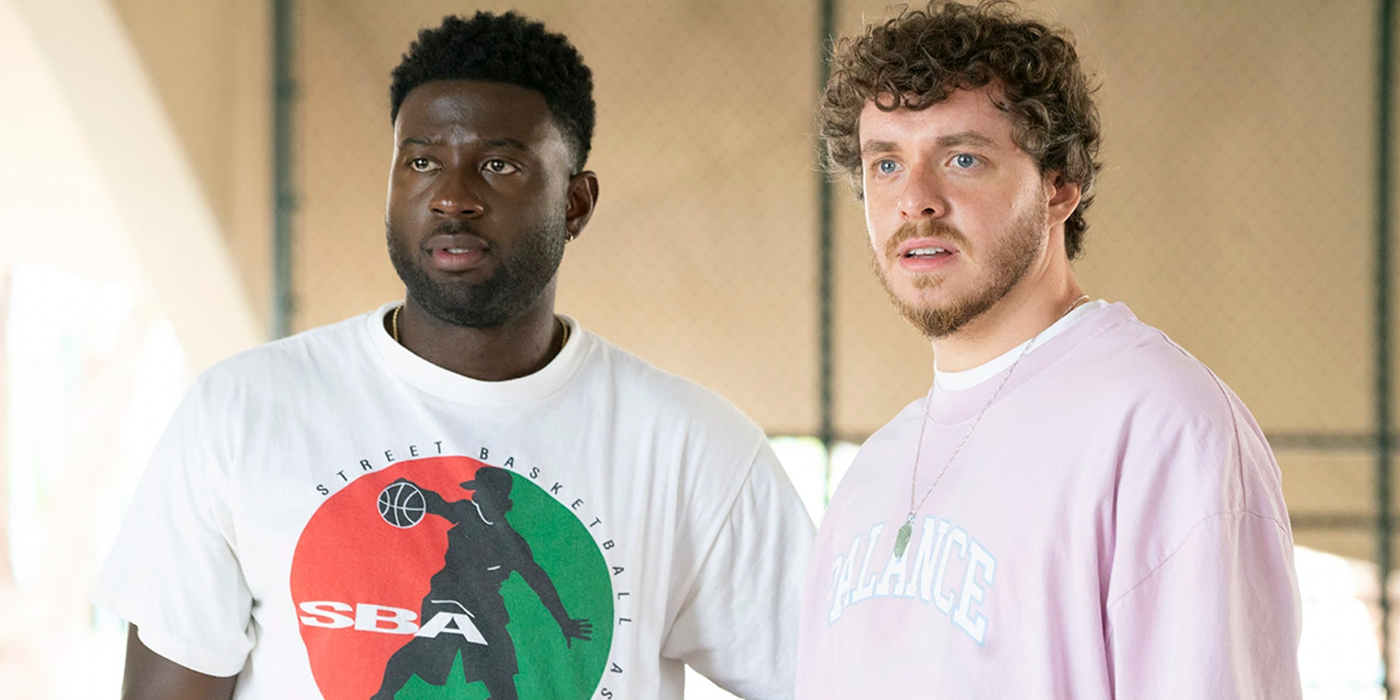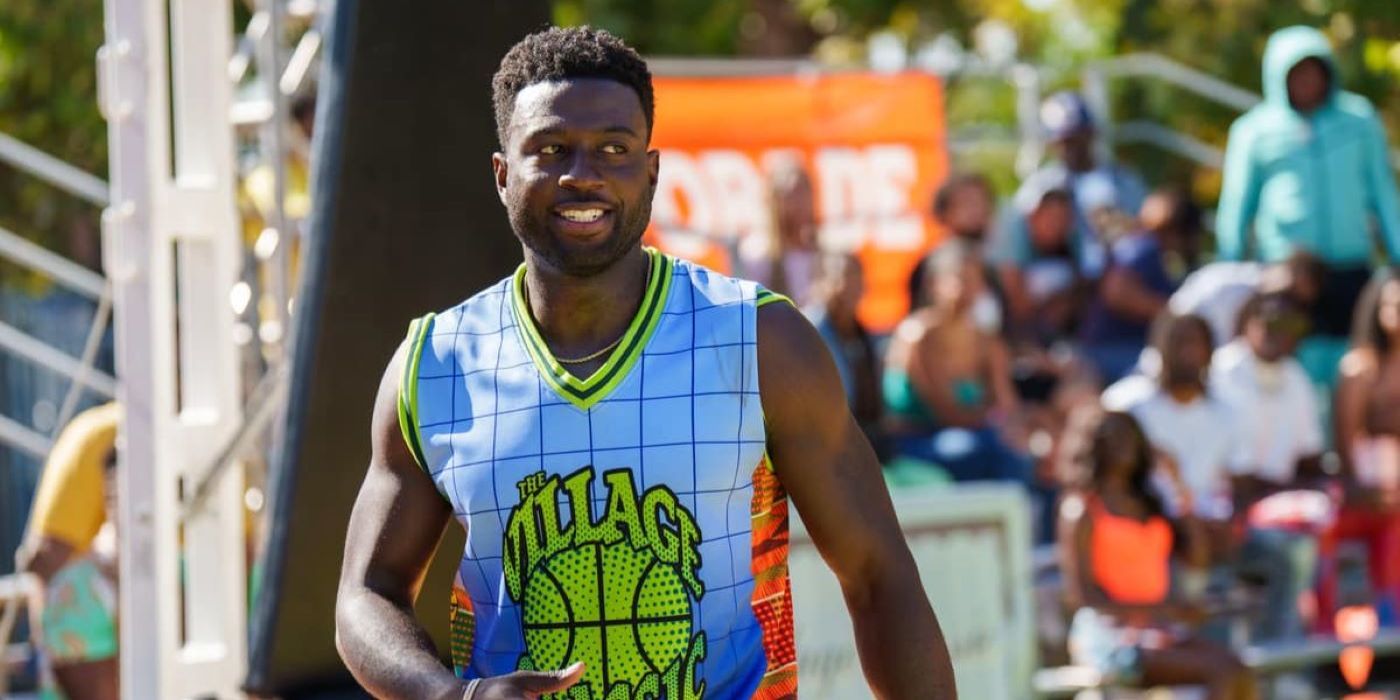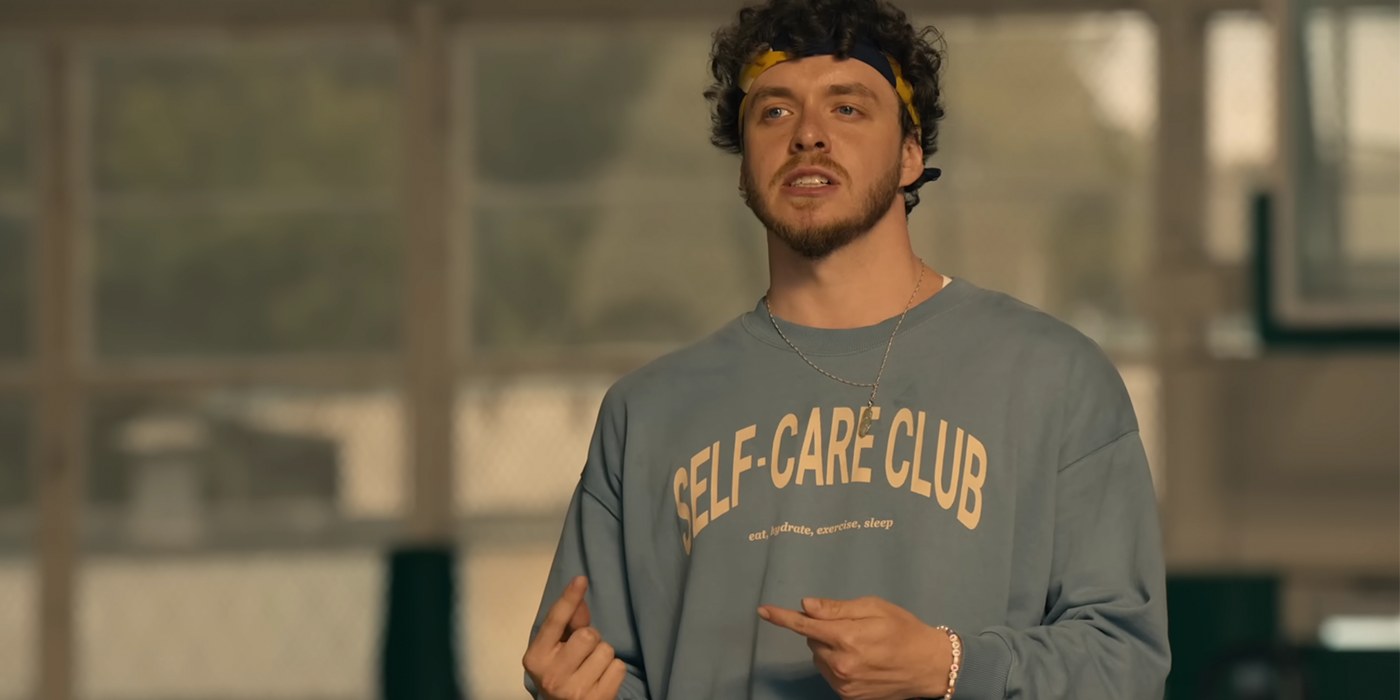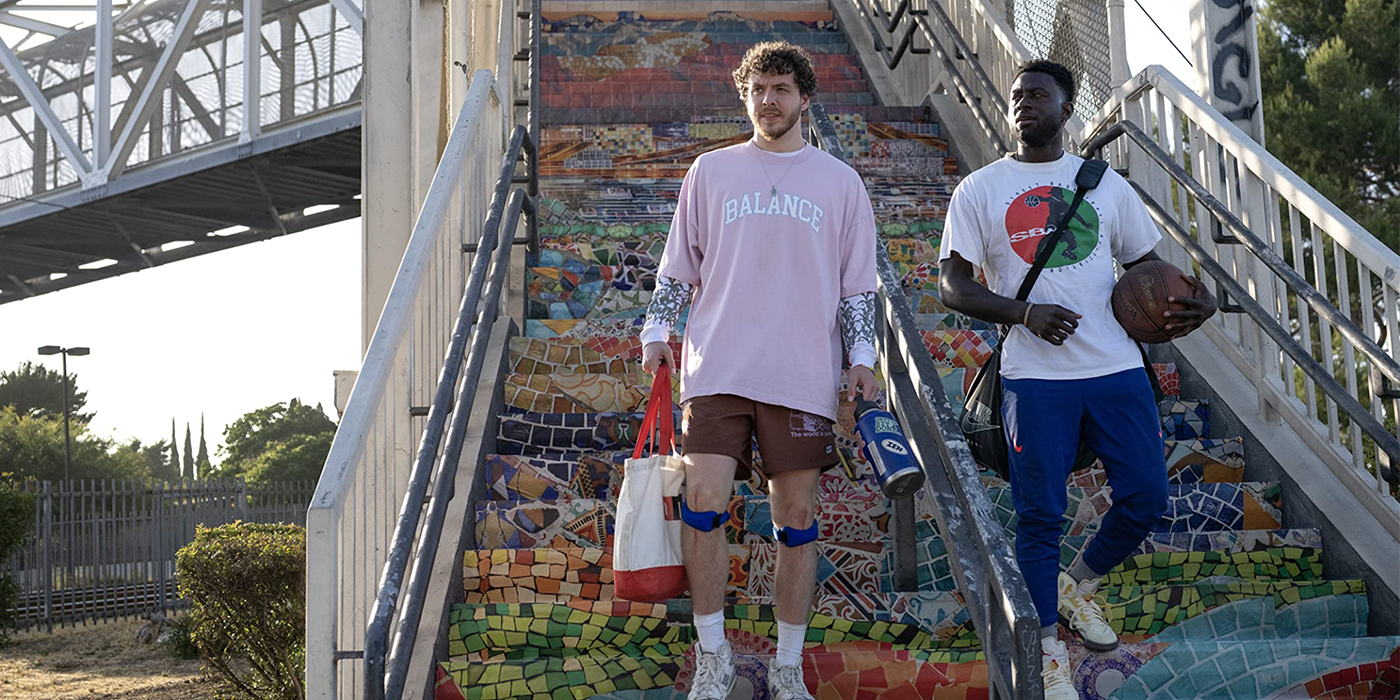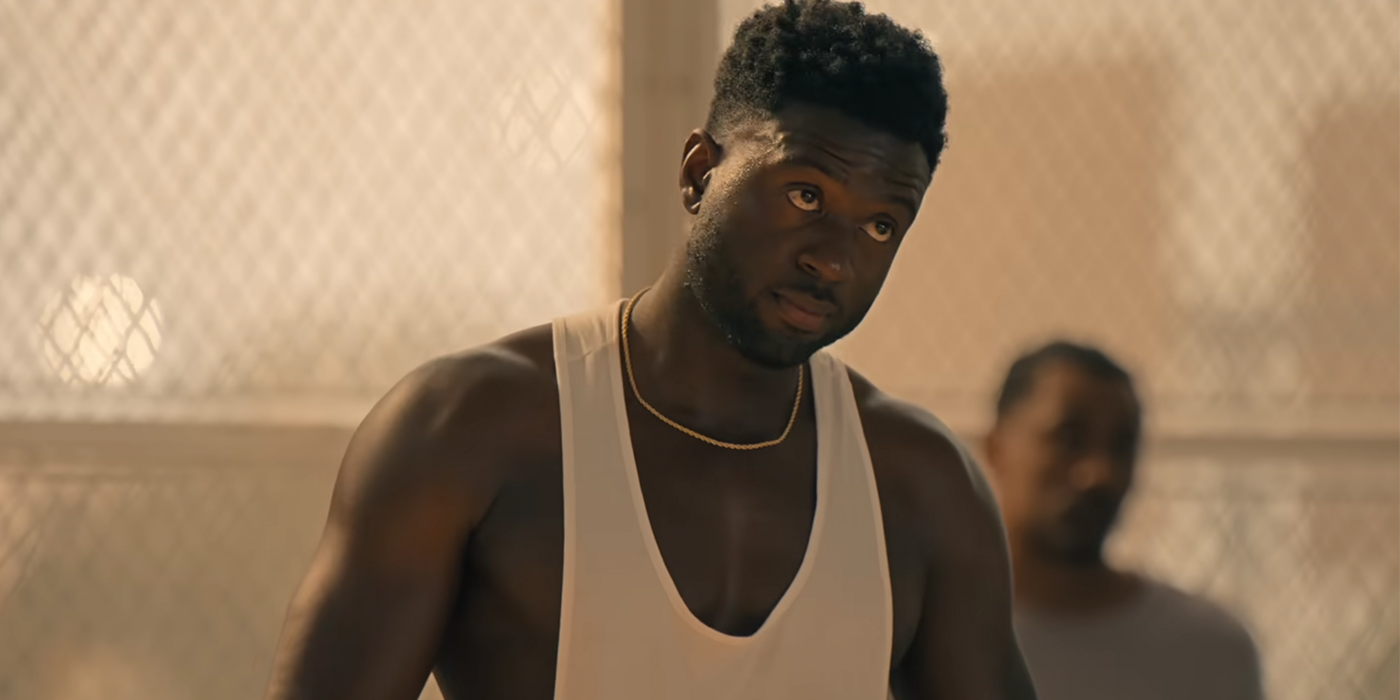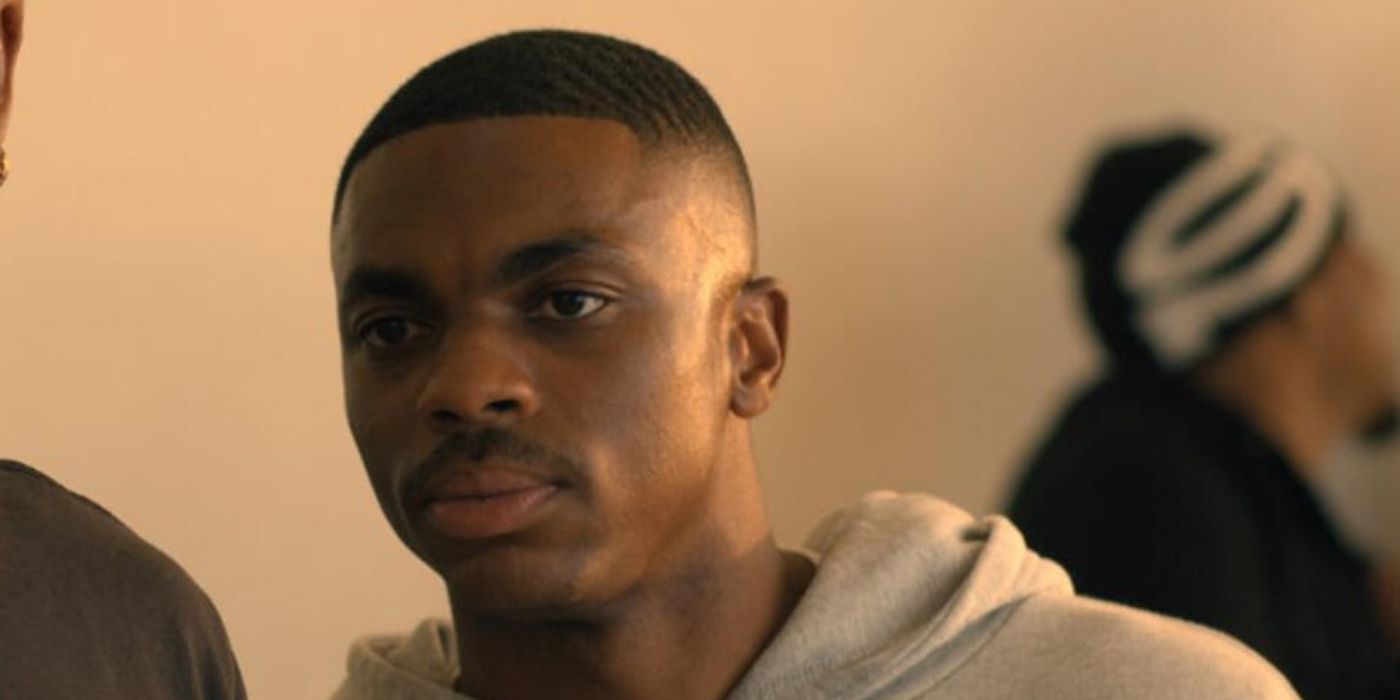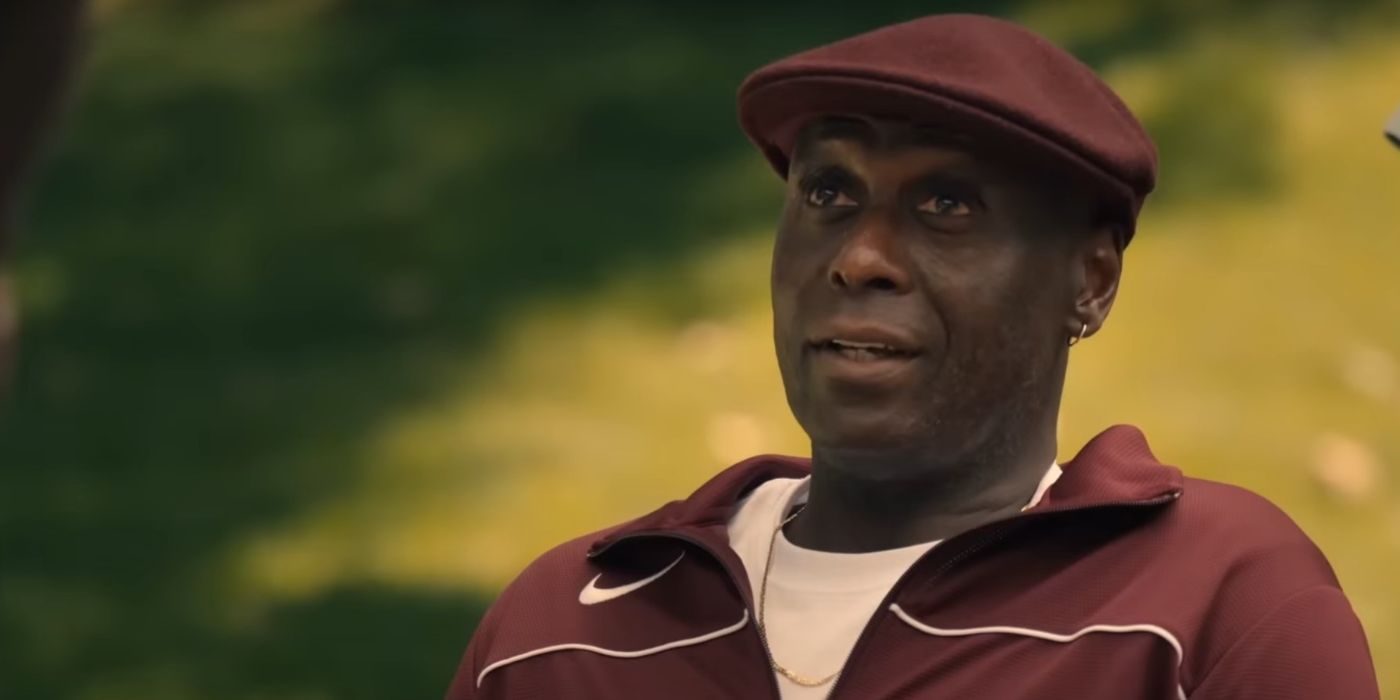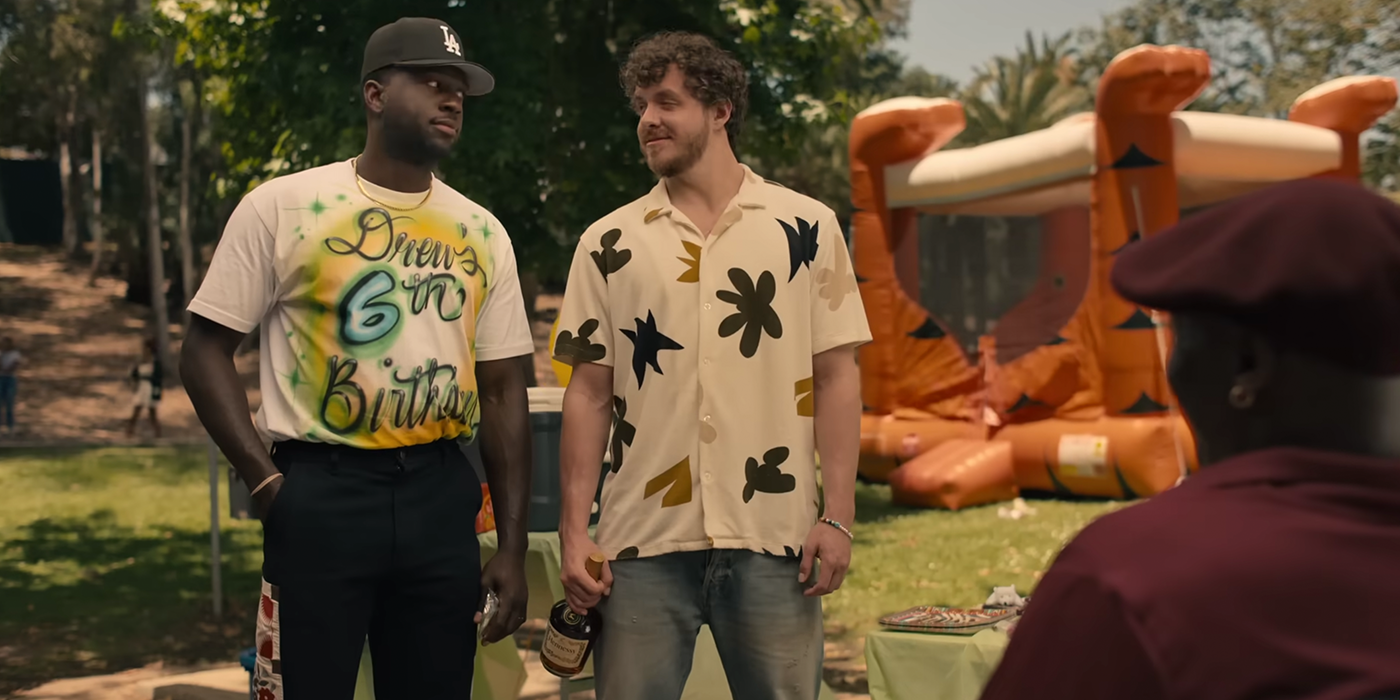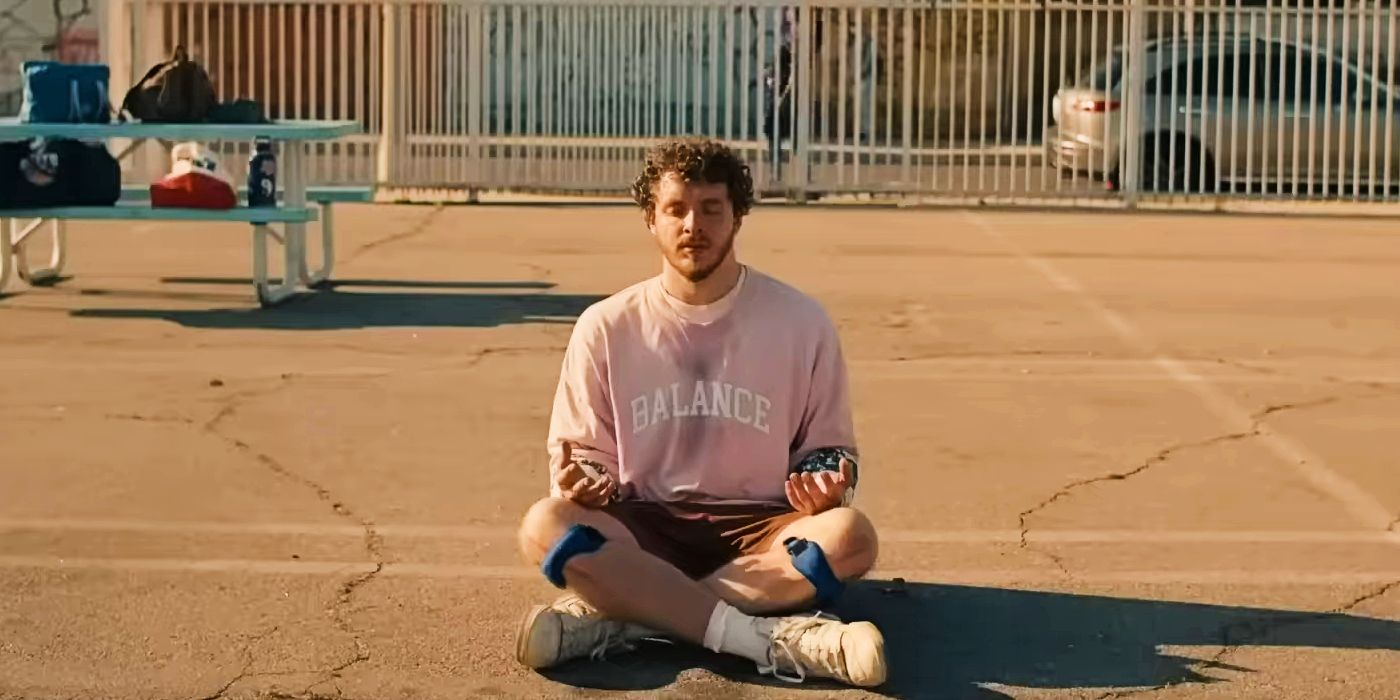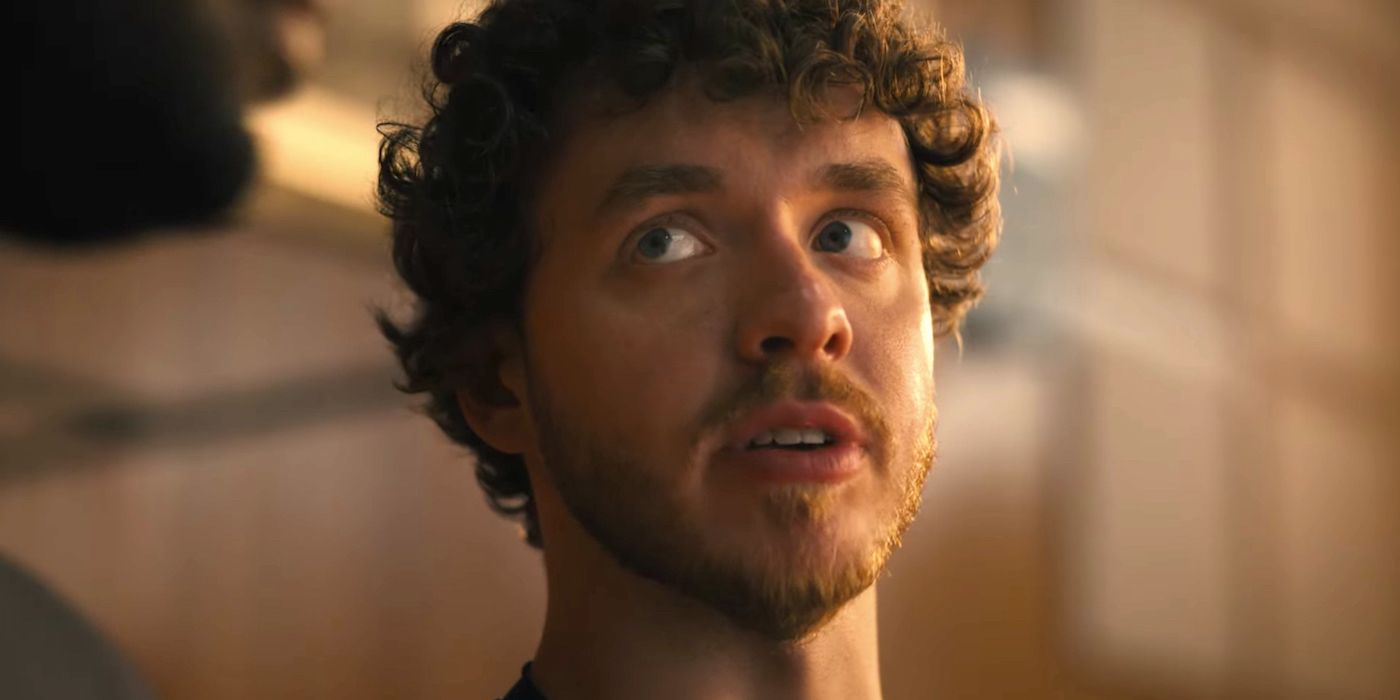The reviews for White Men Can't Jump are out, and critics are collectively unimpressed. White Men Can't Jump follows the story of two hustling former basketball stars, Kamal and Jeremy, that team up to try and win a local championship and secure a $500,000 grand prize. Their biggest obstacle in achieving their goals is ultimately themselves and the flaws that have thwarted their success throughout their entire lives.
White Men Can't Jump is a remake of the 1992 original comedy that starred Woody Harrelson and Wesley Snipes as two basketball-playing trash talkers. Though there was some degree of interest in a more contemporary take on the story from the popular film, reactions to the movie are far from positive. Despite an early Rotten Tomatoes audience score of 78%, reviews have been rather critical of the remake and various aspects of the film.
10 Jack & Sinqua Have Less Star Power Than Wesley & Woody
When the original White Men Can't Jump premiered in 1992, Woody Harrelson and Wesley Snipes were already well-established actors. The success of their individual acting careers was a big reason why their team-up in White Men Can't Jump built hype and drew audiences. Jack Harlow has gained much fame in his own right as a hip-hop artist, but it's important to note that the White Men Can't Jump remake is just the beginning of Jack Harlow's acting career. "While Walls and Harlow do perfectly credible work, they’re hard-pressed to live up to their predecessors" (according to The Hollywood Reporter).
9 The Remake Has Fewer Fun Basketball Scenes Than The Original
The original White Men Can't Jump was much more focused on basketball than the 2023 remake. Much of the on-court action in the White Men Can't Jump remake doesn't take place until the third act. In comparison, the original White Men Can't Jump features an extensive amount of basketball scenes in its first act alone. The on-court scenes in the original White Men Can't Jump greatly contributed to the movie's fun tone and provided a lot of enjoyment that the remake lacks. "The basketball scenes and the camera swooping through the gameplay with precision don’t feed into the story" in the remake (via RogerEbert.com).
8 The Jokes Are More Modern, But Less Funny In The Remake
Both White Men Can't Jump films feature characters who love to poke fun for a competitive advantage. Harlow's character is especially good at this. While the jokes are more modern, they fail to hit throughout the remake. Critics have said, "the new version may be more current, but the old one rings more true" (via the Los Angeles Times). The humor is more genuine in the original White Men Can't Jump. The remake's jokes often miss the mark despite being crafted for the current generation.
7 Harlow & Walls Can't Match The Chemistry Of Snipes & Harrelson
According to critics, "any version of White Men Can’t Jump depends on the chemistry of the two leads" (via The Hollywood Reporter). Nobody expected them to live up to Harrelson and Snipes' dynamic performances as Sidney Deane and Billy Hoyle in the White Men Can't Jump original movie. However, comparisons to the original duo were inevitable for Harlow and Walls, who certainly held their own weight. Harlow's debut to acting was impressive, supported by Walls' talent and range, but the chemistry between them severely lacked the spark and energy of the original stars.
6 The Remake Is Overly Polished, Making It Seem Hollow
Critics argue that the polished attributes of the remake don't match the rawness of the original. "Director Calmatic sanitizes every aspect of his source material until the entire thing looks, sounds and feels like a Disney sitcom" (via The Daily Beast). The original movie was crafted with a down-to-earth, almost grungy filmmaking style that authenticated the 'street ball' elements of the plot. The remake delivers a virtually opposite aesthetic approach, featuring gorgeous shots of sunny Los Angeles that glamorize the film's settings. Jeremy and Kamal are often well-groomed and fashionable despite being desperate for money. Jeremy even drives a Porsche.
5 The Remake's Story Is Rigid & Lacks A Fluid Pace
The original White Men Can't Jump created an on-screen energy that felt compelling and lifelike. According to critics, screenwriters "Barris and Hall’s bloated script spends far too much time building in off-the-court motivations" (via IndieWire). The White Men Can't Jump remake's screenplay contains a choppy arrangement of scenes that fit the pace to match its narrative at the expense of the film's flow. The remake feels broken up into chunks that interrupt the progression of the plot, while the original comes off as a more unified, organic piece. The White Men Can't Jump remake is also jam-packed with popular background music which frequently segments its tone.
4 The Performances In The Remake Are Mostly Stiff & Emotionless
One of the biggest differences between the White Men Can't Jump 2023 remake and original movie is the overall lack of energy from its actors. According to critics, the on-screen combination of Walls and Harlow creates a "mismatched buddy comedy which tries - and sometimes succeeds - to tell an emotional story" (via TheWrap). The White Men Can't Jump remake features performances that are mostly emotionless and safe, fearing to risk any vulnerability in order to maintain a dull 'cool' sensibility. Even the shifting on-court antagonists that appear briefly in the remake feel contrived and uninspired. Lewis Reddick delivers the most impactful performance in the remake by far despite appearing in just a few scenes.
3 Harlow & Walls' Characters Add More Depth, But Have Less Fun
Both Jeremy and Kamal suffer individual tragedies that provide motivation for their on-court comebacks in The White Men Can't Jump remake. This provides an enhancement to the original movie by making "Harlow and Walls far more interesting actors" (via IndieWire). Watching Jeremy and Kamal face their failures and work together to make significant changes in their lives is one of the most redeeming aspects of their stories in the White Men Can't Jump remake. In reaching for emotional depth, however, the direction of the White Men Can't Jump franchise deviates from its expected feel-good, lighthearted, laughable original movie.
2 The Remake Was Too Different From The Original
The White Men Can't Jump remake is getting such bad reviews because it doesn't look or feel much like the original movie at all. Nearly everything about the 2023 remake is changed for the worse, raising the question of why a remake was even necessary or desired. According to critics, "It’s a stripped down, conventional, mediocre version of a story that used to be anything but" (via TheWrap). If the title of the White Men Can't Jump remake were changed to something else, it could easily seem completely unrelated to the original.
1 The Original White Men Can't Jump Still Holds Up Today
The White Men Can't Jump remake is largely criticized because the original movie is still enjoyable to watch today. Despite its dated cultural references and racial dynamics, the original White Men Can't Jump remains entertaining, making the 2023 remake somewhat senseless. Critics have stated that the idea of "remaking a one-of-a-kind classic" raises one question: "why?" (via the Los Angeles Times). The original movie is widely considered to be better overall based on early reviews of the rotten White Men Can't Jump remake, which is usually the case with most reboots and revivals. Both the original and remake of White Men Can't Jump can be streamed now on Hulu.
Source: Rotten Tomatoes, The Hollywood Reporter, RogerEbert.com, Los Angeles Times, The Daily Beast, IndieWire, TheWrap


